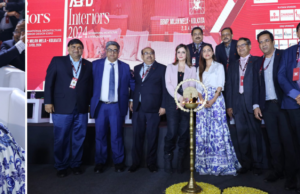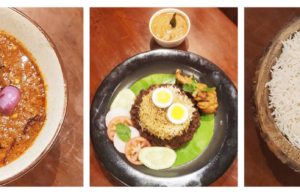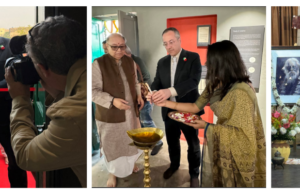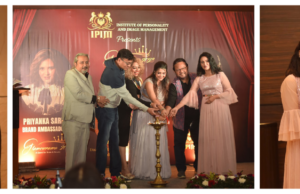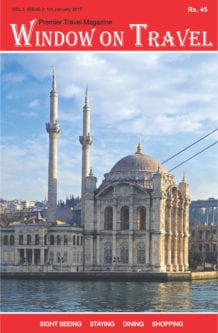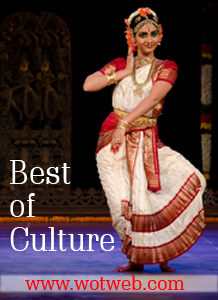
WoT's Hot
On the 10th of February, Shashi Tharoor, in conversation with Monideepa Banerjie, spoke of his newest literary work ‘Why I Am a Hindu’, at the Kolkata Literary Festival in Central
Park, Salt Lake.
Eternally eloquent and charming, Mr. Tharoor enlightened the audience on his notion of Hinduism, and how the book’s content and title are deeply personal to him. He offered a liberal and inclusive view of the ancient faith, as well as its many dimensions. Hinduism, to him, was as much a political ideology as a religion. Upon being questioned whether he would have written the book even if he wasn’t a politician, Shashi confirmed the affirmative with great zeal.
The book is based on his personal research. To elaborate on how Hindutva was also a political ideology, Tharoor evoked Savarkar, who said that Hinduism was more than just a mere religion. Tharoor humorously said that writing demands candour and honesty that are not a part of the world of politics, and no political justification is required to write a book, therefore, his political views should not undermine an honest work of art.
Tharoor’s book explores how people follow the Hindu faith in various ways, based on their personal interpretations and ethical systems. One may be a good Hindu in his own unique way, even if he opposed certain aspects of the belief. Tharoor made an interesting observation when he said that Hinduism has a vast catalogue of Gods to enable several interpretations of those who believe in the faith. God may be realised as one wanted, he is an abstract and metaphysical concept, and Hinduism is an intriguing faith as it acknowledges the unknowability of God.
When asked about his formative influences, he revealed that he learnt much about Hindu mythology from his grandmother, but understanding the faith was his own personal journey which began from an imitation of family members at first, and later developed his thoughts and reflections on the faith. Insisting that the soul was a part of the universal Aathma, the esteemed author said that the goal of Hinduism was to achieve unity with the Absolute, which is one, and this truth can be reached by the different conduits in Hinduism. Upon being asked when he had last thought of God, Tharoor responded that God was not a benign figure, and was a part of all emotions and happenings, such as suffering, or death.
Tharoor confessed his book adopts a passionate tone towards the end, when discussing how the faith is used as a cudgel against other people or institutions. This is an additional dimension in the book, where his disdain for the people who use Hinduism to justify unreasonable crimes and betray the faith in the name of Hindutva is evident. He correctly points out that “one must have ideals, but within what’s politically possible”. He speaks of Vivekananda’s take on the faith in his riveting Chicago Address. He reiterates that the book is not of a rationalist strain, reasoning is involved but there is also the premise that faith cannot always accommodate reasoning.
Upon being asked if the book might cause unrest in the time to come, Tharoor answered saying that the spirit of his work has the same secular spirit as that of the Indian Constitution and should be interpreted so. He also shared that it was being translated into several Indian languages to reach out to the masses and hopes that none of the content is distorted in any manner, giving way to misinterpretations.
The preface of the book states how Hinduism is not one, but several things − a culture like Hellenism, and an ideology like Judaism, as well as a faith, and therefore, if correctly comprehended, may be the perfect religion for the 21st century.
Cleverly weaving in his own political stance along with a discussion of his new creation, Tharoor wooed the audience with his wise and insightful comments and sophistication, while avoiding being preachy.
One must read the actual work to quench their curiosity.
On the 10th of February, Shashi Tharoor, in conversation with Monideepa Banerjie, spoke of his newest literary work ‘Why I Am a Hindu’, at the Kolkata Literary Festival in Central
Park, Salt Lake.
Eternally eloquent and charming, Mr. Tharoor enlightened the aud
Other Articles in KULTURY VULTURY WOT
What to read next
Featured articles

Welcome Festive Season in Glam, Latin Quarters Launches new #PujoBling Collection with Monami Ghosh
by WOT







